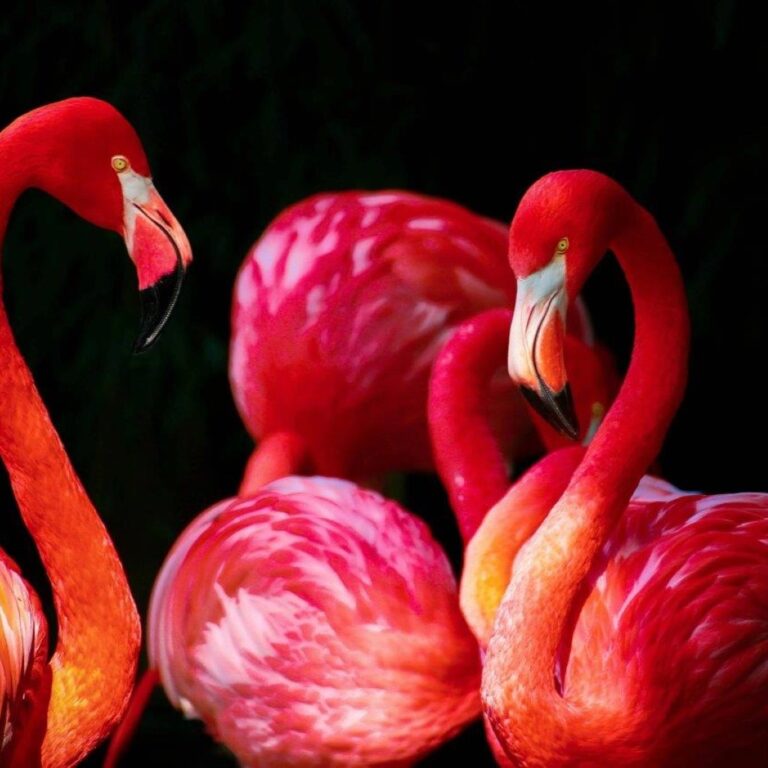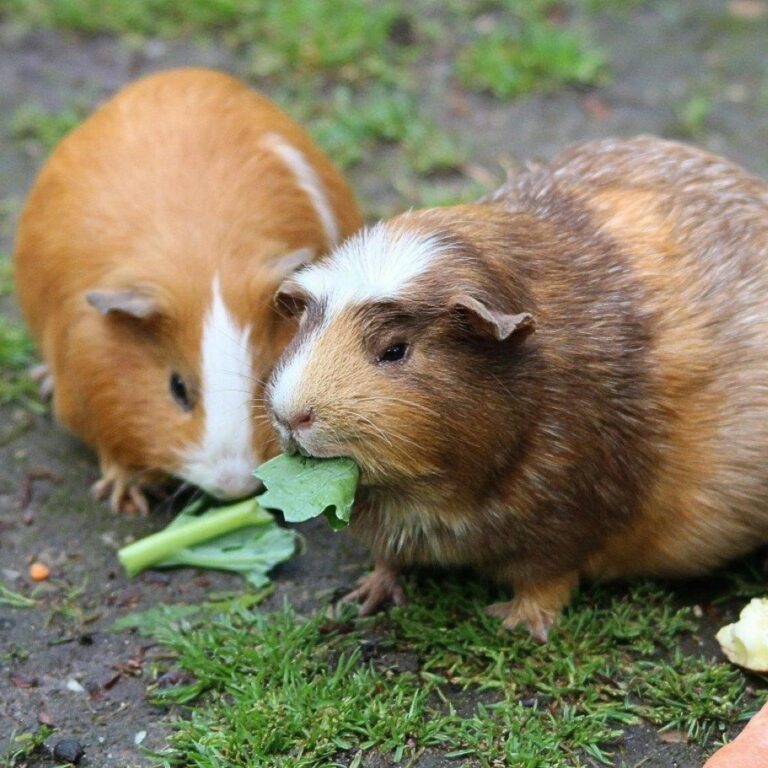Suricates, commonly known as meerkats, are part of the mongoose family (Herpestidae). They are small carnivorous mammals that are native to the Kalahari Desert in Botswana, the Namib Desert in Namibia, and southwestern Angola.
Meerkats are famous for their 'sentinel' behavior, where one member of the group stands on its hind legs to keep watch for predators while the others forage for food. This lookout rotates among group members.
A group of meerkats is called a 'mob,' 'gang,' or 'clan.' These groups are usually made up of about 20 individuals, but some can have as many as 50 members.
Meerkats have a highly developed social structure and live in tight-knit family groups. They work together to raise the young, find food, and defend their territory from rivals.
Meerkats are diurnal, meaning they are active during the day. They spend the early morning and late afternoon foraging and the hottest part of the day resting in their burrows.
Suricates have a varied diet that includes insects, small rodents, fruit, and plants. They are also known to eat scorpions, which they can handle safely thanks to their immunity to scorpion venom.
Meerkats have dark patches around their eyes that reduce the glare from the sun, much like sunglasses. This helps them spot predators from a distance while they are on guard duty.
The burrow systems of meerkats are complex and can extend up to 15 feet underground. These burrows provide shelter from predators and the harsh desert sun, and they often have multiple entrances and chambers.
Meerkats communicate using a variety of vocalizations, including barks, chirps, and growls. Each sound has a different meaning, such as warning of a predator or calling for help.
The alpha pair, usually the dominant male and female, lead the meerkat clan. They are typically the only pair that breeds within the group, and the entire clan helps raise their pups.
Suricate pups are born blind and helpless, and they remain in the safety of the burrow for the first few weeks of life. Adult meerkats take turns caring for the pups and teaching them essential survival skills.
Meerkats are known for their cooperative behavior, including grooming each other to strengthen social bonds and remove parasites. This grooming also helps maintain the group's hierarchy.
Despite their small size, suricates are fierce defenders of their territory. They will confront and chase off much larger predators, including jackals and eagles, by mobbing them in groups.
They have a lifespan of about 12 to 14 years in captivity, but in the wild, they typically live for 6 to 8 years due to predation and environmental challenges.
Conservation efforts are important for meerkats, particularly as their habitats are threatened by human activities such as agriculture and mining. Protecting their natural habitats is essential for their survival.


